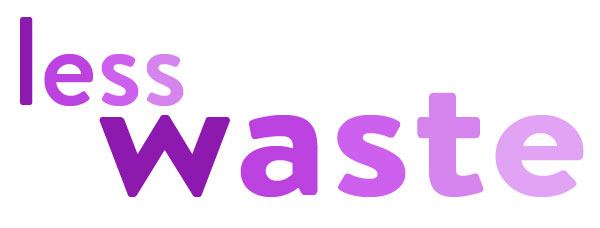
Often people assume that after spending so very long teaching and supporting others with their personal development I have a perfect life – this is hilarious to me and those who know me well. My life is as messy and full of procrastination as every one else’s, but that’s the beauty of information – I can pass on what I know works and then you have to take that knowledge and put it into practice.
Whenever I take the time to read my own handouts and do what I know to be helpful for me I feel a benefit.

Self Care on a Budget
Looking after ourselves is, for many of us, something that we know to be a good thing – but never likely to take priority over the practicalities of life, like doing the washing up or making dinner. The problem when we don’t take enough time to discover and meet our own basic needs is that we start to fray at the edges, become more frustrated, despondent, angry, depressed and our health both mental and physical suffers. We often find ourselves prone to low impact coughs and colds, outbursts of shouting or periods of hibernation.
People with the highest amounts of caring and looking after others are also the people least likely to prioritise their own needs – even though they are the people most in need of self care. You know who you are…
One thing that often puts us off is that self care sounds very selfish which feels all wrong. It also conjurers up images of spa resorts and massages which may not appeal at all, it certainly sounds an expensive and unattainable goal a lot of the time.

Here are some ideas of what self care could be for you, and it’s not all mindfulness and whale music…
- Writing a list of free stuff you enjoy – a craft, talking to a friend, walking in the park, visiting family, window shopping, sitting down with a cuppa, reading etc. Put the list somewhere prominent and do one thing from it every week (more if possible). Even as adults we often respond well to a sticker chart, to tick off when you do something from this more essential ‘to do’ list.
- Book a regular time of the day/week when you are ‘busy’ and get people used to you being unavailable for a short time that you can then use for your own needs.
- Have a think about where and who you spend your time with, look at the last month and draw a graph or list if that helps. Are those people/places lifting you up or bringing you down? This isn’t about how much you may love them, but about whether to continue that routine requires time before or after to ‘replenish’ your own energy levels.
- Reflect on how much nicer and easier you are and the world is when you are feeling good. Imagine how lovely you are to be with when you’re in a great mood. We often believe that the people around us don’t notice that we are exhausted or fed up, in fact they are the quickest to see changes and if they say you need a break or are being difficult to be around it might be time to listen. You can do a much better job and help more people when your own cup is full – then you have more energy and love than you need so it can easily flow to others.
- Think about the example you are setting, if you don’t take of yourself you give a license to others to treat you just the way you treat yourself… You may stop others from looking after themselves, as they use your example as a role model.
Taking care of yourself might come in a variety of forms, there is the physical needs of healthy foods, exercise and fresh air. More spiritual and emotional needs to laugh, love and be loved and our mental health – taking care of self esteem, feeling valued, having purpose etc. Your self care plan should include elements for all these areas of you.

